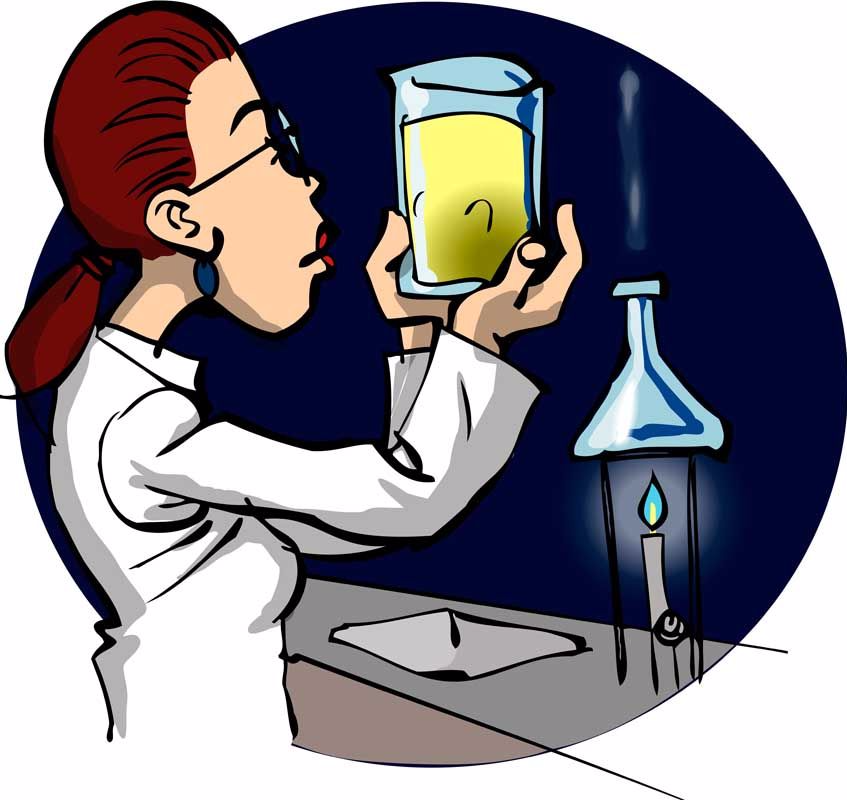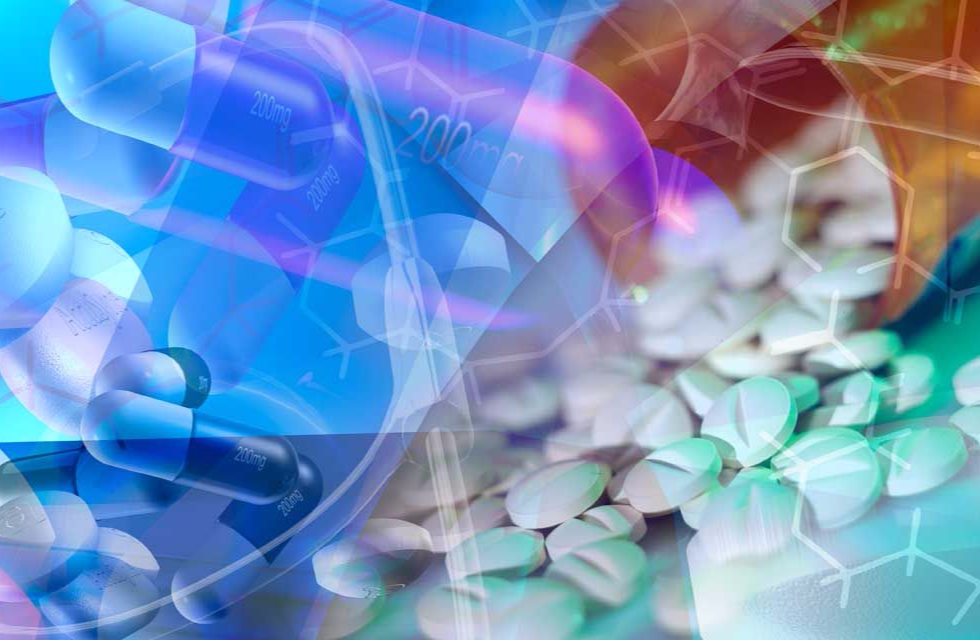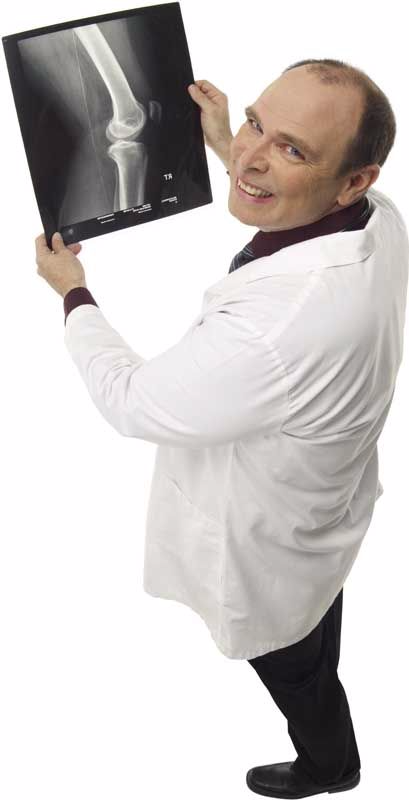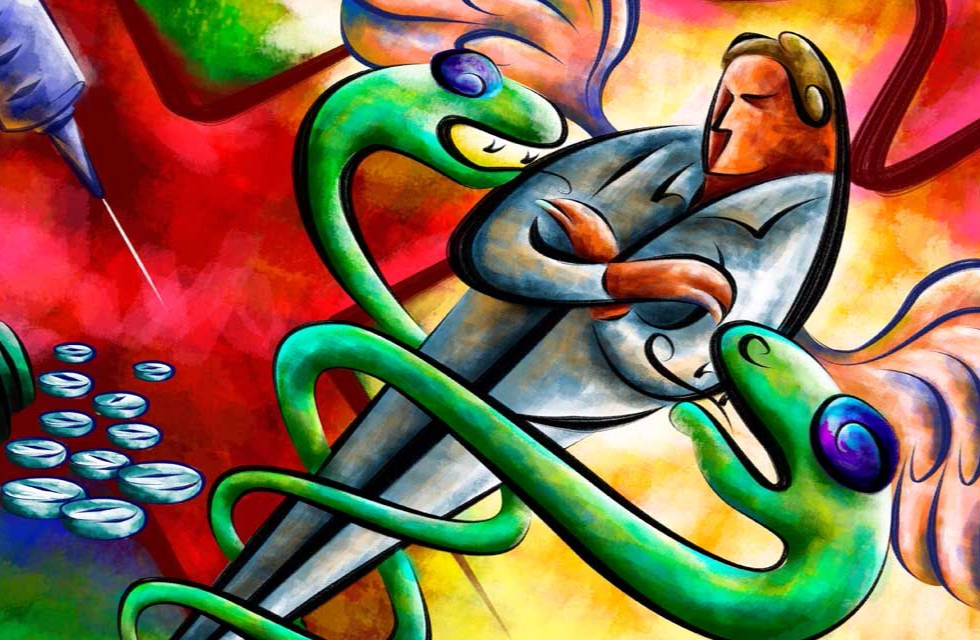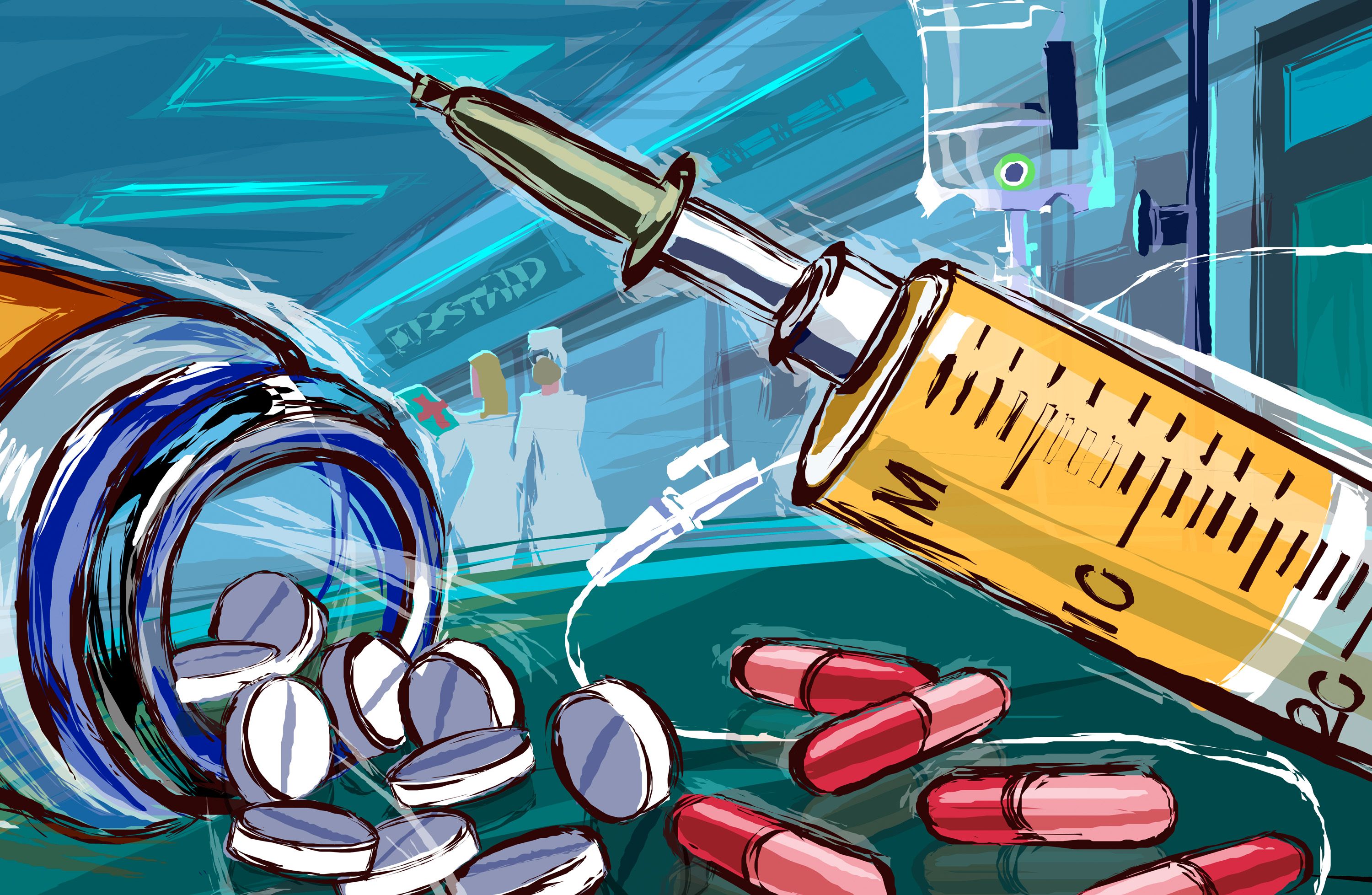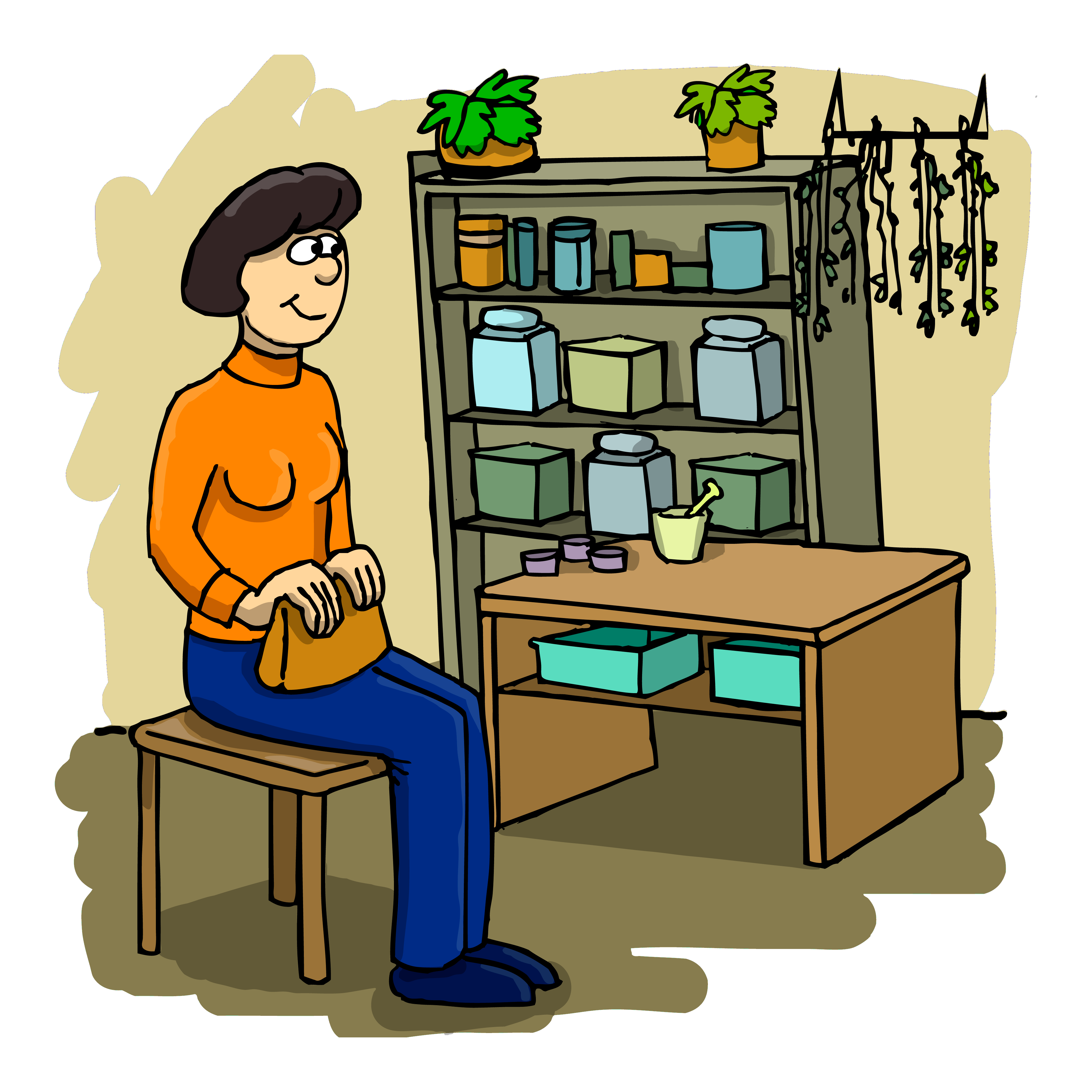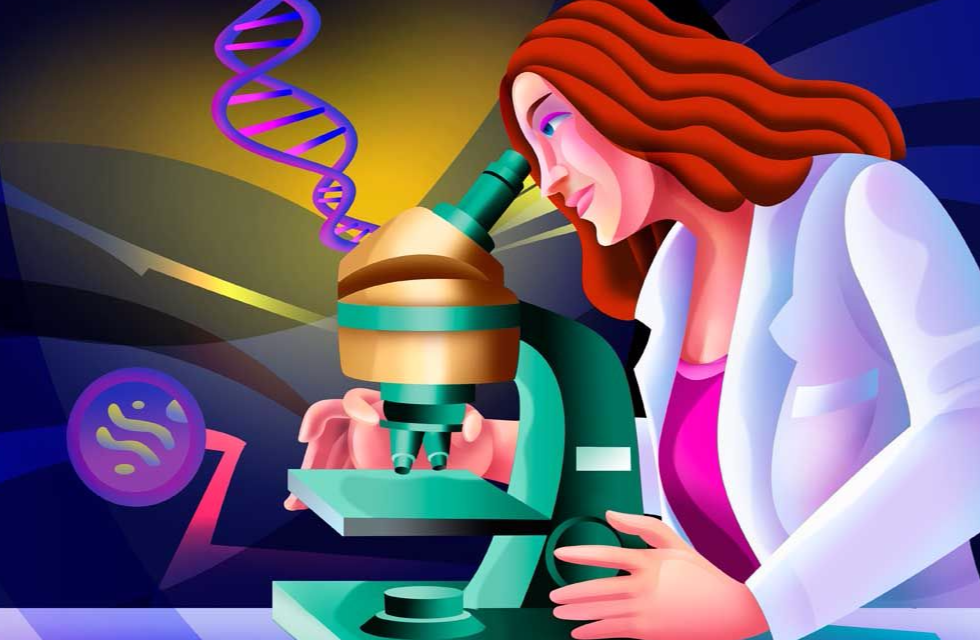There is a long list of herbs, which act as ‘blood thinners’ OR interfere with clotting.
Here are a few herbs, still commonly found in supplements sold for 'daily use' that should be a valid concern (and warning flag) for all consumers:
(listed in alphabetical order) angelica, anise, arnica, asafetida, bog bean, capsicum, celery, chamomile, clove, danshen, fenugreek, feverfew, garlic, ginger, gingko, ginseng, horse chestnut, horseradish, licorice, meadowsweet, papain, passion flower, poplar, prickly ash, quassia, red clover, turmeric, wild carrot, wild lettuce, willow, and many others… but these all have science demonstrating they absolutely impact and can negatively effect blood flow, and clotting.
Most are not a serious problem, for healthy people in low doses, under normal circumstances. But... these are just some that are actually on the ‘watch list’ for anesthesiologists, and emergency room surgeons, because of their direct impact on the heart and blood flow, especially in emergency and surgical situations.
To complicate matters further, many people are getting several of these herbs at the same time, on a pretty regular basis, in their cocktail of daily supplements. More often with those people that are actively using herbal supplements, and products labeled as ‘all natural’ pain, control, or quick healing promoters. People, especially those with clotting and pressure issues, should be extra careful with any ingredients that can influence clotting and bleeding. Awareness is key.
Yes, there should be appropriate warnings (listing all known and suspected real concerns) for all pharmacologically active substances used in a product which can be potentially dangerous if over used, abused, or there is an emergency situation.

